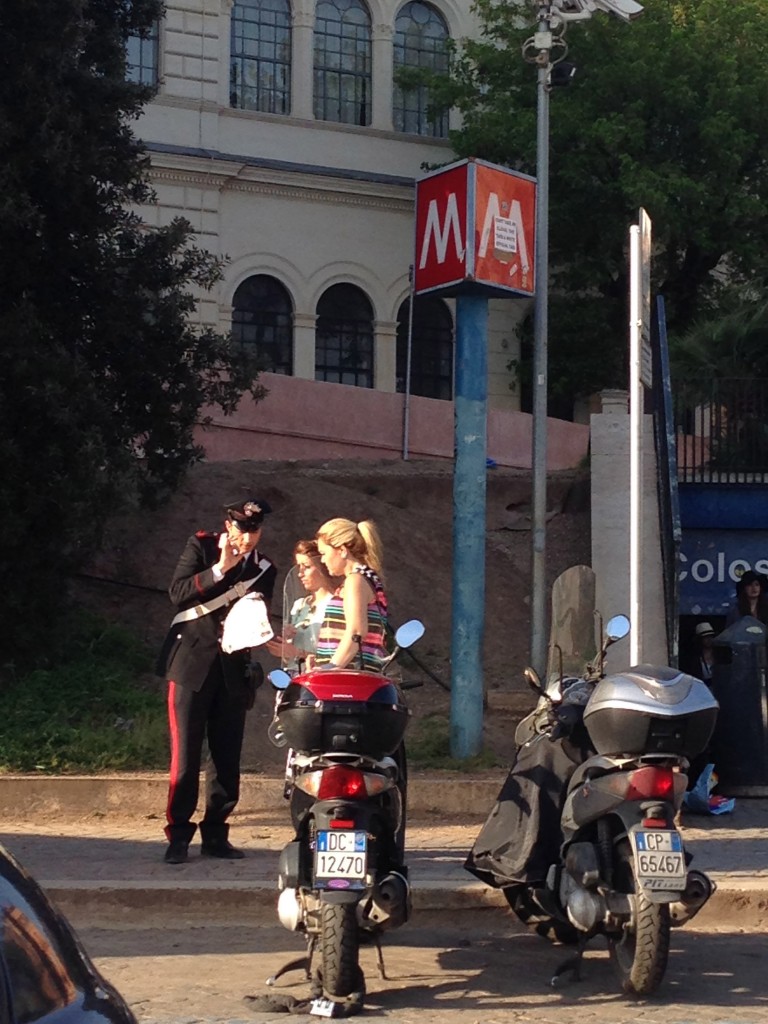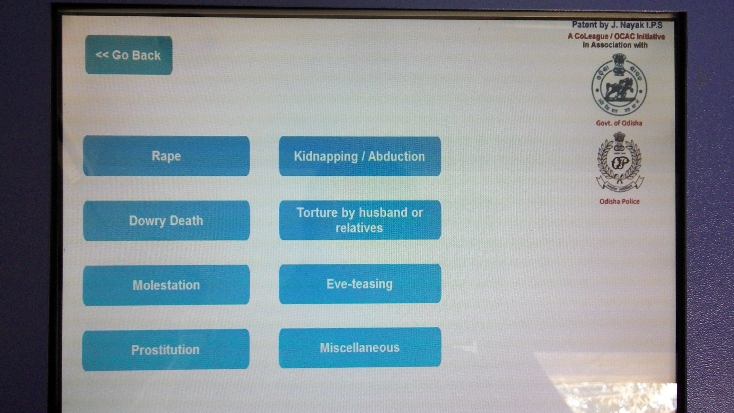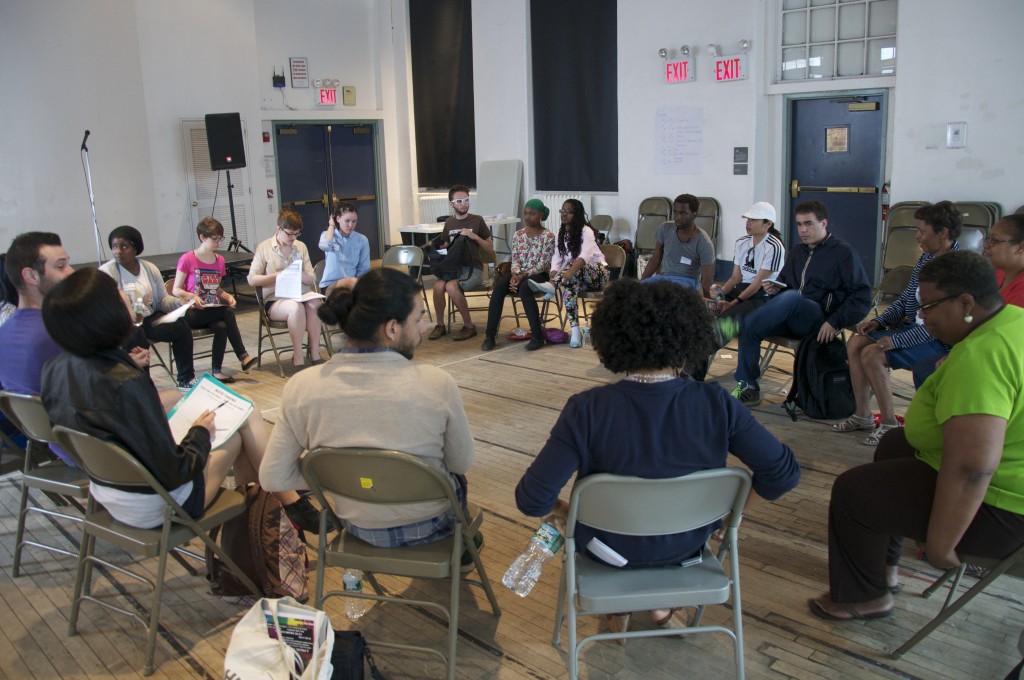Sara Rigon, Italy, SSH Blog Correspondent
 Recently a friend of mine tagged me on a very thought-provoking #genderviolence tweet about street harassment in Rome. She thought I might be interested in a startling video posted by La Repubblica online, an Italian newspaper that is second in national digital circulation, and she was right.
Recently a friend of mine tagged me on a very thought-provoking #genderviolence tweet about street harassment in Rome. She thought I might be interested in a startling video posted by La Repubblica online, an Italian newspaper that is second in national digital circulation, and she was right.
In the video, a woman walks down the central and beautiful streets of the eternal city, facing a wide range of unsolicited comments, catcalls and whistles.
Wait, this is not news and not even the “no news good news” kind of news. Street harassment is unacceptable and offensive, but sadly it is not surprising. Similar experiments have been done before in different cities around the world, producing more or less the same disturbing and upsetting outcomes.
Among the first videos about street harassment to go viral was the documentary “Femme de la rue” by Sophie Peeters. She taped her everyday walk to her university and other areas in Brussels, Belgium. It was a very disturbing glance into a woman’s life and an introduction to street harassment.
There was was the American-born filmmaker Colette Ghunim’s footage showing “what is like to walk the busiest bridge in Cairo as a girl,” showing it was not quite an enjoyable promenade. The film “10 hours of Walking in New York City as a Woman,” a walk made by Shoshanna Roberts in New York City, was unbelievably stressful. Roberts described how she felt to the Washington Post: “I wanted to break down in tears.”
After the NY City video went viral, the New Zealand Herald decided to try the experiment in kiwi land. Having lived in New Zealand, I was very pleased to discover that only two people spoke to beautiful model Nicola Simpson during her 10 hours of walking through the sunny streets of Auckland and one guy was asking for directions.
I personally do not recall any whistle or catcalling during South Pacific time, a very relaxing and fresh experience for me. However someone did throw a plastic bottle at me from a car while I was walking home on the beautiful Marine Parade in Napier. Yes, I admit it, I was reading a book and I am aware that walking and reading is not advisable or safe, but I still do not think that being hit by a (thankfully empty) plastic bottle on the head was the best way to remind me of that. But I doubt that was the message.
So back to the Italian video… what is startling about it?
This is: The Italian newspaper experiment shows a particular population of offenders, policemen and law enforcement agents, in one of the 25 most visited cities in the world. The video is quite distressing to watch, at least for me it was. Seeing men in uniform catcalling a young lady passing by gives you a sense of disbelief and alarm. While out on the streets, law enforcement agents are expected to be constantly alert, patrolling neighborhoods, and serving as a public liaison. Police officers are given more privileges than the average citizen and usually with great power comes great responsibility.
It must be said that there are many upstanding and qualified law enforcement agents in Italy and around the world, several of whom are also specifically trained to deal with gender-based violence victims and crimes. Nevertheless, this Italian video is not the only account on police officers misbehaving while on duty, taking advantage of their power and authority. Ultimately, police officers are men and street harassment is a gender-based issue.
I do not want to discuss how policemen should behave better than ordinary men, nor do I want to explore the cultural differences between northern and southern Italy, I don’t have the proper and specific knowledge or expertise. I would rather mention the aim and methodology of such videos.
The creators of the videos call them experiments, however these videos have scarce scientific foundation, not that they claim to have it. They definitely do not intend to scientifically prove the existence of sexism or gender inequality. Instead, they are meant to raise awareness on a quite mortifying and disregarded form of men’s conduct. If they do suggest something, it is that misogyny might be a global principle that unifies mankind across borders, oceans and cultures.
Even as a woman of science, I consider such “experiments” very powerful and I wish some researcher would be inspired enough by these brave women to design a valid and solid research project on street harassment since it is a heinous mistreatment women endure every day. We need valuable evidence, verifiable data to study the phenomenon and hopefully find, if not a solid solution, small steps toward achieving a truly egalitarian society and street harassment-free world.
Sara is a registered General Practitioner in Italy and New Zealand. She is the founder and current lead of the newly established Equally Different group within the European Junior General Practitioners Organization, the Vasco da Gama Movement, branch of the World Organization of Family Doctors. Follow her on Twitter @rgn_sr.





